Sam Gendel - blueblue (2022)
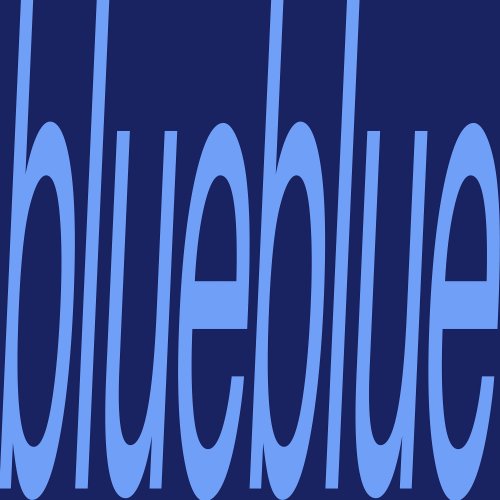
Artist: Sam Gendel
Title: blueblue
Year Of Release: 2022
Label: astrollage / Leaving Records
Genre: Jazz, Jazz-Rock, Ambient, Fusion
Quality: 320 / FLAC (tracks)
Total Time: 51:56
Total Size: 120 / 292 Mb
WebSite: Album Preview
Tracklist: Title: blueblue
Year Of Release: 2022
Label: astrollage / Leaving Records
Genre: Jazz, Jazz-Rock, Ambient, Fusion
Quality: 320 / FLAC (tracks)
Total Time: 51:56
Total Size: 120 / 292 Mb
WebSite: Album Preview
01. Tate-jima (縦縞, vertical stripes) (2:39)
02. Tate-waku (竪沸く, rising steam) (5:14)
03. Hishi-igeta (菱井桁, parallel diamonds or crossed cords) (2:37)
04. Shippō (七宝, seven treasures of the Buddha) (3:46)
05. Toridasuki (鳥襷, interlaced circles of two birds) (3:02)
06. Fundō (分銅, counterweights) (7:02)
07. Kōshi (格子, checks) (3:46)
08. Amime (網目, fishing nets) (5:16)
09. Uroko (鱗, fish scales) (2:54)
10. Hishi-moyō (菱模様, diamonds) (3:46)
11. Kagome (籠目, woven bamboo) (3:36)
12. Nakamura kōshi (中村格子, plaid design of the Nakamura family) (1:16)
13. Yarai (矢来, bamboo fence) (2:20)
14. Yoko-jima (横縞, horizontal stripes) (4:43)
blueblue is the latest full-length from multi-instrumentalist and all-around vibe wizard, Sam Gendel. The record, out October 14 via Leaving Records, is a concise, tightly wound song suite whose 14 tracks each correspond to a pattern within sashiko, a traditional style of Japanese embroidery. This conceit remains playfully ambiguous — to what extent, if at all, is Kagome (籠目, woven bamboo) meant to evoke the pattern of the same name, for example? But there is an intuitive sense, throughout blueblue, that Gendel has, in this instance, narrowed his focus. To say that blueblue feels richly textural might be a little on-the-nose, thematically, but alas…it does. There is an intimacy, a humility, and a strength at play here that typifies the work of a master craftsman. Only an artist could make it sound so effortless.
A Los Angeleno by way of Central CA, Gendel is by now an institution. Across a dizzying slate of solo releases and collaborations, he has amassed a reputation for not only virtuosic musicianship (primarily as a saxophonist, though the songs that would become blueblue were all initially composed on guitar), but also for his mercurial and prolific output — a corpus of work, which, while obviously indebted to jazz and hip hop (and the farther flung, experimental corners of both) is, in a word, unpindownable. In this regard, Leaving Records, with its cri-de-cœur of “All Genre,” is a natural home for Gendel.
The bulk of blueblue was recorded in isolation in a makeshift studio built in a cabin floating atop a tributary of Oregon’s Columbia River. Having sketched out a set of guitar melodies, Gendel recorded the album in five-or-so weeks, during which time he became well-acquainted with the river’s tidal rise and fall. This organic rhythm, which daily lifted the house to meet the horizon, later setting it down gently upon the riverbed, permeates the record. There are pops and groans and artifacts, and, in Tate-jima (縦縞, vertical stripes)—one of blueblue’s more plaintive tracks—even the faint lapping of water.
Equally essential to the feel of blueblue is Craig Weinrib’s kit work. Gendel and Weinrib collaborated long-distance during Gendel’s time in Oregon, with Gendel sending Weinrib half-finished songs, and giving him carte-blanche to record percussion. The end result is a relaxed, confident exchange between two clearly simpatico musicians, particularly evident in Weinrib’s gorgeously attentive brush technique.
blueblue is a conceptually sound, mesmerizing, evocative, and sonically idiosyncratic LP. In keeping with its name, blueblue functions as Gendel’s color study, conveying, through repetition and deviation, his devotion to a certain mood — unnamable, but certainly noirish, nostalgic, quasi-psychedelic, and existing in some permanent twilight.
Real ones know, and for those who don’t yet, blueblue is an accessible and intoxicating entry-point into Gendel's ever-expanding catalog.
A Los Angeleno by way of Central CA, Gendel is by now an institution. Across a dizzying slate of solo releases and collaborations, he has amassed a reputation for not only virtuosic musicianship (primarily as a saxophonist, though the songs that would become blueblue were all initially composed on guitar), but also for his mercurial and prolific output — a corpus of work, which, while obviously indebted to jazz and hip hop (and the farther flung, experimental corners of both) is, in a word, unpindownable. In this regard, Leaving Records, with its cri-de-cœur of “All Genre,” is a natural home for Gendel.
The bulk of blueblue was recorded in isolation in a makeshift studio built in a cabin floating atop a tributary of Oregon’s Columbia River. Having sketched out a set of guitar melodies, Gendel recorded the album in five-or-so weeks, during which time he became well-acquainted with the river’s tidal rise and fall. This organic rhythm, which daily lifted the house to meet the horizon, later setting it down gently upon the riverbed, permeates the record. There are pops and groans and artifacts, and, in Tate-jima (縦縞, vertical stripes)—one of blueblue’s more plaintive tracks—even the faint lapping of water.
Equally essential to the feel of blueblue is Craig Weinrib’s kit work. Gendel and Weinrib collaborated long-distance during Gendel’s time in Oregon, with Gendel sending Weinrib half-finished songs, and giving him carte-blanche to record percussion. The end result is a relaxed, confident exchange between two clearly simpatico musicians, particularly evident in Weinrib’s gorgeously attentive brush technique.
blueblue is a conceptually sound, mesmerizing, evocative, and sonically idiosyncratic LP. In keeping with its name, blueblue functions as Gendel’s color study, conveying, through repetition and deviation, his devotion to a certain mood — unnamable, but certainly noirish, nostalgic, quasi-psychedelic, and existing in some permanent twilight.
Real ones know, and for those who don’t yet, blueblue is an accessible and intoxicating entry-point into Gendel's ever-expanding catalog.
![Sonny Stitt & Red Holloway - Forecast: Sonny & Red (Remastered) (2026) [Hi-Res] Sonny Stitt & Red Holloway - Forecast: Sonny & Red (Remastered) (2026) [Hi-Res]](https://www.dibpic.com/uploads/posts/2026-02/1770394432_ssrh500.jpg)
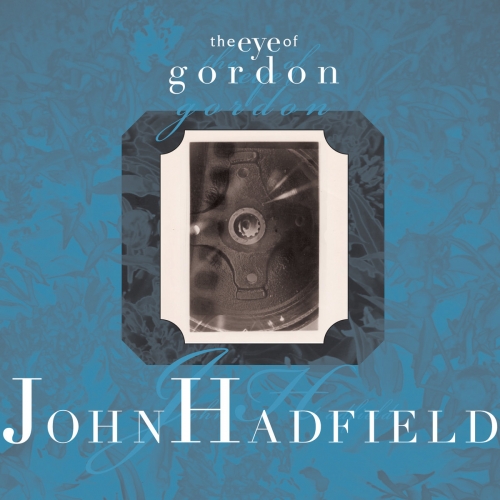
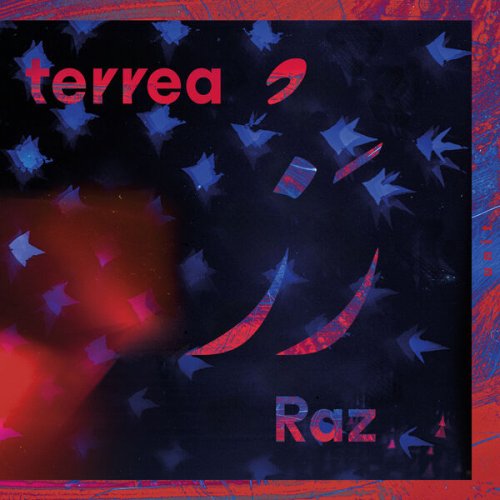
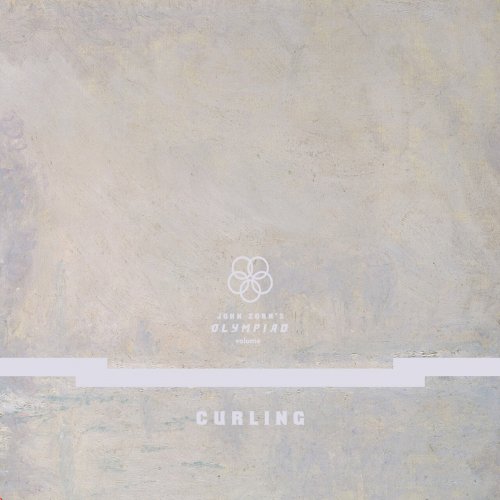
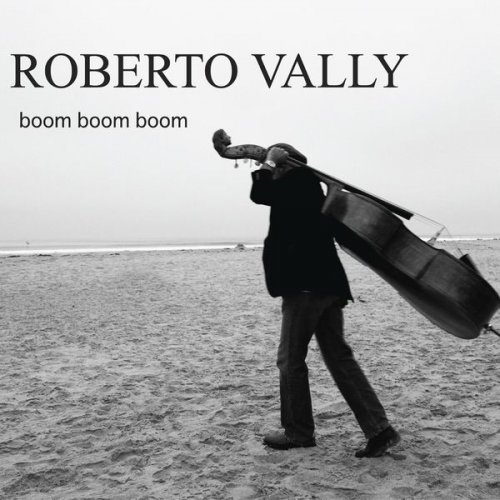
![Batsumi - The Hunters 1974-1976 (2026 Remaster) (2026) [Hi-Res] Batsumi - The Hunters 1974-1976 (2026 Remaster) (2026) [Hi-Res]](https://img.israbox.com/img/2026-02/05/9v7nd2ua6woy4uoean9znxpu1.jpg)
![Gianluigi Trovesi - Cinque piccole storie (2026) [Hi-Res] Gianluigi Trovesi - Cinque piccole storie (2026) [Hi-Res]](https://img.israbox.com/img/2026-02/06/04dun4qdctri61rqigv8tm2is.jpg)
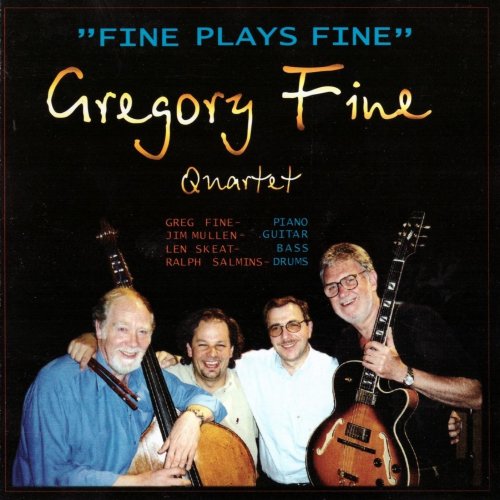
![Batsumi - Batsumi (2021) [Hi-Res] Batsumi - Batsumi (2021) [Hi-Res]](https://www.dibpic.com/uploads/posts/2021-06/1623332057_1280x1280.jpg)